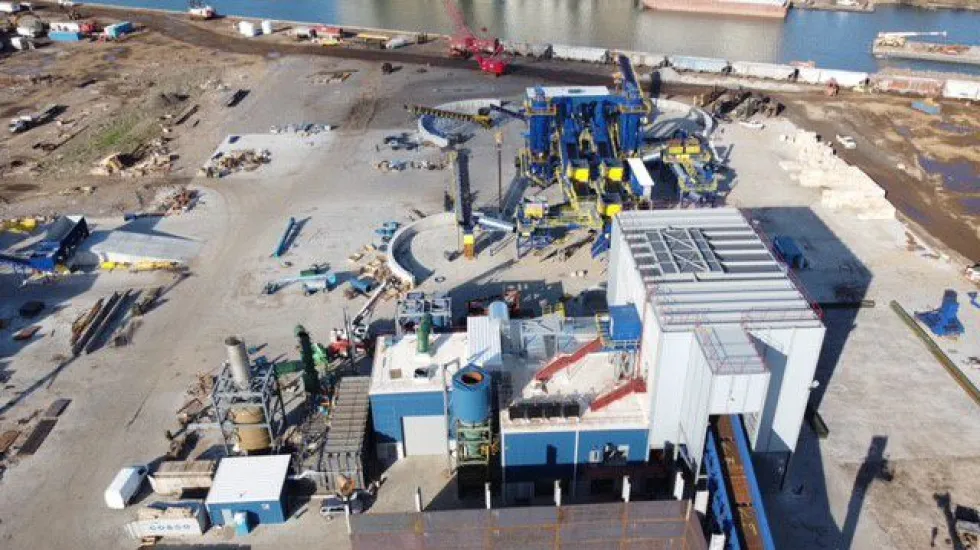
The owner of a scrap-metal business barred from opening on the Southeast Side because of air pollution and health concerns is set to argue before a city administrative judge April 21 that it should be allowed to operate.
In February, Chicago Public Health Commissioner Dr. Allison Arwady denied the permit for the rebranded and relocated General Iron business. Arwady said the car and metal-shredding operation — completely built at East 116th Street along the Calumet River — posed “an inherently dangerous activity in a vulnerable community area” that is already stressed with pollution.
Last month, Reserve Management Group asked the city to schedule a hearing date, which was set Thursday, before the environmental division of the city’s Department of Administrative Hearings. An administrative judge could reverse Arwady’s ruling, though it’s unclear what arguments the business will make, and such hearings are often decided in favor of the city.
In a document filed for the hearing, Arwady, who is appointed by Mayor Lori Lightfoot, reiterated the city’s reasons for denying the permit. Arwady cited results of a health impact study that she said found the business produced “certain unique risks to the environment, health and quality of life.” The heavily industrial Southeast Side “includes certain areas that are more vulnerable to pollution than Chicago overall,” she added.
For the past several years, residents and environmental groups fought the move of General Iron from its longtime home in Lincoln Park to the Southeast Side, arguing their air was already heavily polluted from hundreds of other businesses.
Reserve Management built the shredding operation on land it already owned on the site of a former steel mill and next to its other metals recycling businesses.
“The history of the operations of the site, which has been problematic, does not provide [the health department] with confidence that the company will run the site in strict compliance with permit conditions,” Arwady said.
Reserve Management already sued the city for more than $100 million in damages for holding up the permit application after the health study was announced in May of last year. After the permit was denied, it vowed to “pursue all avenues to challenge this decision, including pressing our lawsuit against the city.”
Representatives of the company didn’t respond to requests for comment Friday.
City administrative hearings on environmental cases often go unnoticed with little fanfare, but this contested permit decision is unique. Reserve Management was seeking the first city permit under rules for “large recycling facilities” that took effect in 2020. A similar operation, Sims Metal Management in Pilsen, is currently seeking the same type of permit.
The move of General Iron, first announced in 2018, has been the subject of lawsuits, federal inquiries and multiple protests, including a month-long hunger strike by opponents last year.
A civil rights investigation by federal housing officials continues. Southeast Side residents complained in 2002 the move of the polluter from wealthy, white Lincoln Park to the Latino-majority East Side violated the Fair Housing Act.
Brett Chase’s reporting on the environment and public health is made possible by a grant from The Chicago Community Trust.







